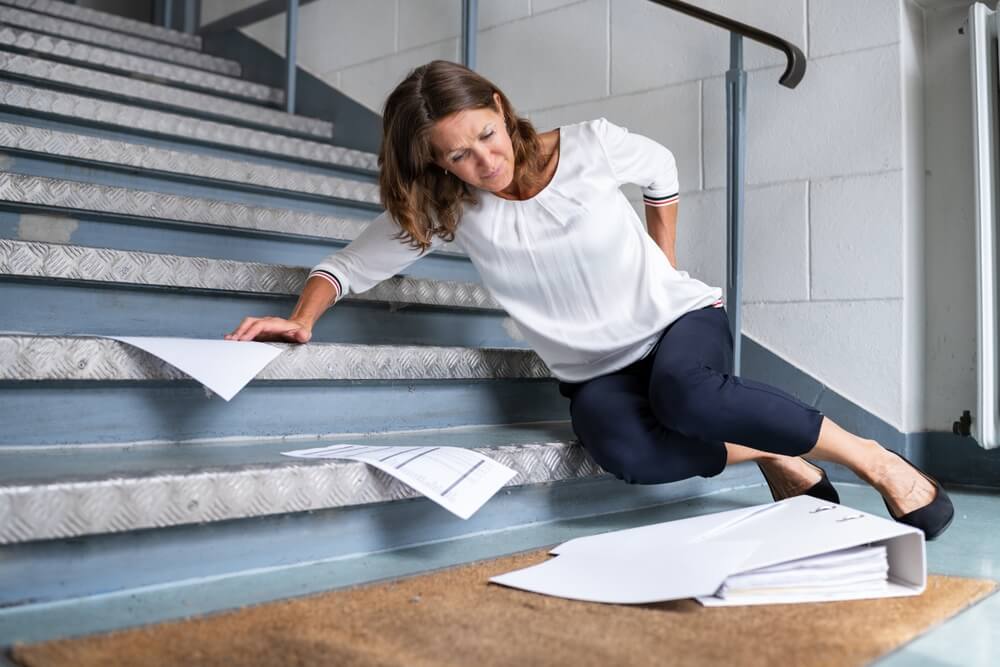Slip and Falls
When an individual suffers a slip, trip, or fall on another’s property due to unsafe conditions such as wet floors, uneven surfaces, or poor lighting, they may be entitled to compensation for their injuries. Property owners, encompassing both businesses and homeowners, are obligated by law to keep their premises hazard-free and to alert visitors to any potential dangers.
To effectively pursue a slip and fall claim, the victim must establish that the property owner was negligent in managing or signaling the hazardous condition. This requires demonstrating that the property owner was aware, or should have been aware, of the danger and did not take sufficient measures to mitigate it.
The concept of “duty of care” is central to these cases. Property owners are expected to:
- Conduct regular inspections to identify any potential hazards.
- Promptly address any issues found during these inspections.
- Ensure that adequate warnings are in place if immediate remediation isn’t feasible.
Documenting the incident is a critical step in substantiating a slip and fall claim:
- Photographs of the accident scene: These help establish the conditions that led to the fall.
- Surveillance footage: If available, this can conclusively show the occurrence of the accident.
- Witness statements: Accounts from individuals who witnessed the accident or the hazardous conditions can support the claim.
- Medical reports: Documentation of injuries sustained, which is essential for detailing the extent and impact of the injuries.
It’s vital that evidence collection starts immediately after the accident to ensure all details are accurately captured and crucial evidence is not lost. Property owners might repair the hazardous condition soon after the incident, potentially eradicating critical evidence.
Additionally, the injured party should be mindful of the statute of limitations, which dictates the time frame within which a claim must be filed. Missing this deadline can bar the victim from pursuing litigation.
Engaging a legal expert in personal injury or premises liability law can significantly improve the prospects of a successful claim. An attorney can guide the victim through the complexities of legal procedures, including negotiations with insurance companies, who often represent the property owner and may seek to minimize payout amounts.
In summary, while slip and fall incidents are common, establishing a property owner’s liability requires clear proof of negligence. With diligent preparation and skilled legal assistance, injured individuals can secure the compensation they deserve to help manage medical expenses, lost wages, and other related costs, thus alleviating the financial, physical, and emotional burdens of the accident.
